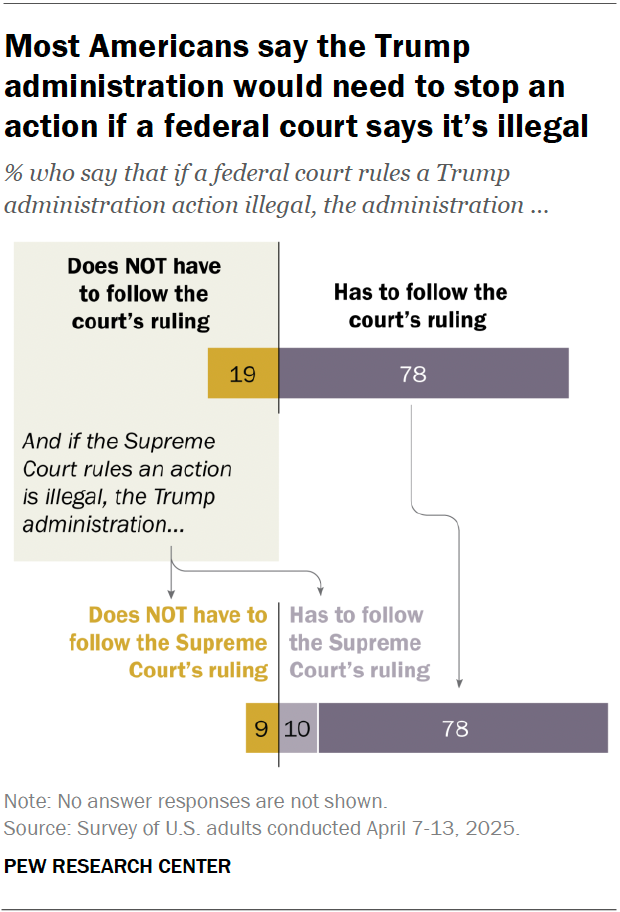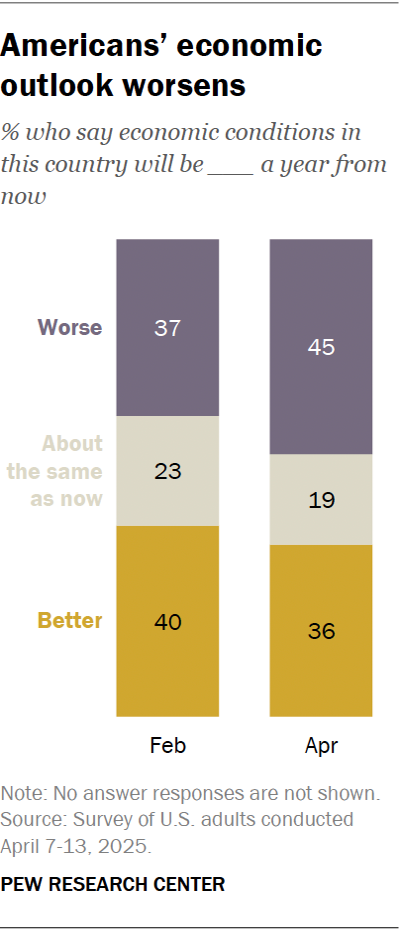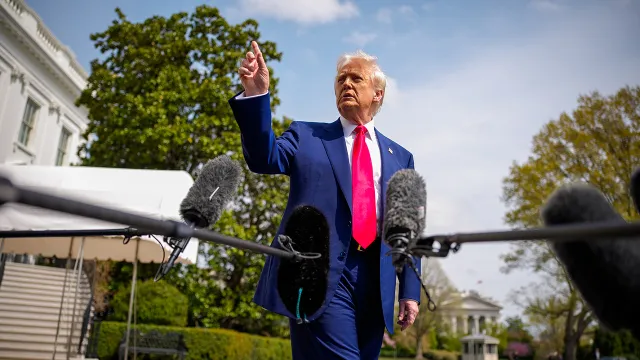As President Donald Trump approaches the 100-day mark of his second term, his approval rating has experienced a noticeable decline. Recent polling data reveals a drop in the public’s perception of his performance, as well as rising disapproval of key policies like tariff hikes and cuts to government agencies. This article explores the significant shifts in Trump’s approval rating, key policies, and public sentiments as his second term progresses.

Trump’s Approval Rating: A Decline
President Trump’s approval rating currently stands at 40%, marking a 7-point drop since February. Despite his strong support base, the president is grappling with a polarized public that views his actions critically, especially when it comes to his use of executive authority. This decline is particularly notable in contrast to the approval ratings of past presidents at similar points in their terms, with Trump’s current numbers aligning more with Bill Clinton’s second term rather than those of his predecessors.

Disapproval of Key Policies
Several of Trump’s policies have drawn significant public backlash:
- Tariff Hikes
The president’s administration has implemented widespread tariff increases on several countries, sparking discontent across the political spectrum. The latest survey shows that 59% of Americans disapprove of the tariff hikes, with only 39% approving of these measures. While these moves have been praised by Trump’s core supporters, they have led to increased volatility in stock markets and raised concerns about the potential long-term economic impacts. - Cuts to Government Agencies
Trump’s cuts to federal departments and agencies have garnered disapproval from 55% of the public. Critics argue that these cuts are “too careless” and could have adverse effects on the functioning of the government. In particular, 59% of Americans believe these cuts will make the government run worse, while only 36% feel they will improve efficiency. - Executive Orders
Trump’s reliance on executive orders to bypass Congress and set policy has been a point of contention for many Americans. A majority (51%) of U.S. adults believe the president is using executive orders excessively, with only 27% agreeing that the current level is appropriate.

Public Opinion on Legal Challenges
As the Trump administration faces numerous legal challenges in federal courts, there is broad bipartisan support for the notion that the administration should abide by federal court rulings. According to the latest data, 78% of Americans believe the Trump administration should stop its actions if a federal court rules them illegal. This sentiment increases when considering Supreme Court rulings, with 91% of Democrats and 65% of Republicans agreeing that the administration should comply with such decisions.
The Partisan Divide
As expected, partisan differences are evident in the evaluation of Trump’s performance. While 75% of Republicans approve of the president’s job performance, only 7% of Democrats share the same sentiment. Key policies, such as tariff increases and cuts to government agencies, are similarly viewed through a partisan lens, with Republicans expressing strong support and Democrats overwhelmingly opposing these actions.

Economic Outlook: A Shifting Landscape
The public’s outlook on the economy has turned more negative since February, with 45% of Americans now expecting the economy to worsen over the next year, up from 37% earlier. Trump’s confidence rating regarding his handling of the economy has also decreased to its lowest point in recent years, with only 45% expressing confidence in his economic decision-making. Despite this, Trump maintains higher approval ratings for his handling of immigration, an issue he has made central to his administration’s agenda.

Conclusion
As President Trump nears his 100-day mark in his second term, public opinion reflects a deeply divided nation. While he maintains strong support from his base, key policy actions, particularly regarding tariffs, government cuts, and executive orders, have drawn widespread disapproval. With legal challenges mounting and the economy facing an uncertain future, Trump’s administration must navigate a delicate balance between his core supporters and the broader public as it moves forward.
Author Profile
- Syed Tahir Abbas is a Master's student at Southwest University, Chongqing, specializing in international relations and sustainable development. His research focuses on U.S.-China diplomacy, global geopolitics, and the role of education in shaping international policies. Syed has contributed to academic discussions on political dynamics, economic growth, and sustainable energy, aiming to offer fresh insights into global affairs.
Latest entries
 U.S. Foreign PolicyFebruary 2, 2026AI and Grand Strategy: The Case for Restraint – Navigating the Future of American Power
U.S. Foreign PolicyFebruary 2, 2026AI and Grand Strategy: The Case for Restraint – Navigating the Future of American Power National SecurityJanuary 31, 2026Treating China’s Connected Energy Systems as a National Security Risk
National SecurityJanuary 31, 2026Treating China’s Connected Energy Systems as a National Security Risk Global HealthJanuary 29, 2026The Future of the WHO—and How the United States Can Shape It
Global HealthJanuary 29, 2026The Future of the WHO—and How the United States Can Shape It Global TradeJanuary 22, 2026Trump Cancels Tariffs on European Nations Over Greenland Pursuit?
Global TradeJanuary 22, 2026Trump Cancels Tariffs on European Nations Over Greenland Pursuit?



2 comments
Wow, this is such an amazing post! ✨ Your writing always has a way of pulling me in—whether it’s your unique perspective, your humor, or just the way you make even everyday moments feel special. Keep shining and sharing your voice with the world! 💛 Can’t wait to read what you write next.
**mitolyn**
Mitolyn is a carefully developed, plant-based formula created to help support metabolic efficiency and encourage healthy, lasting weight management.